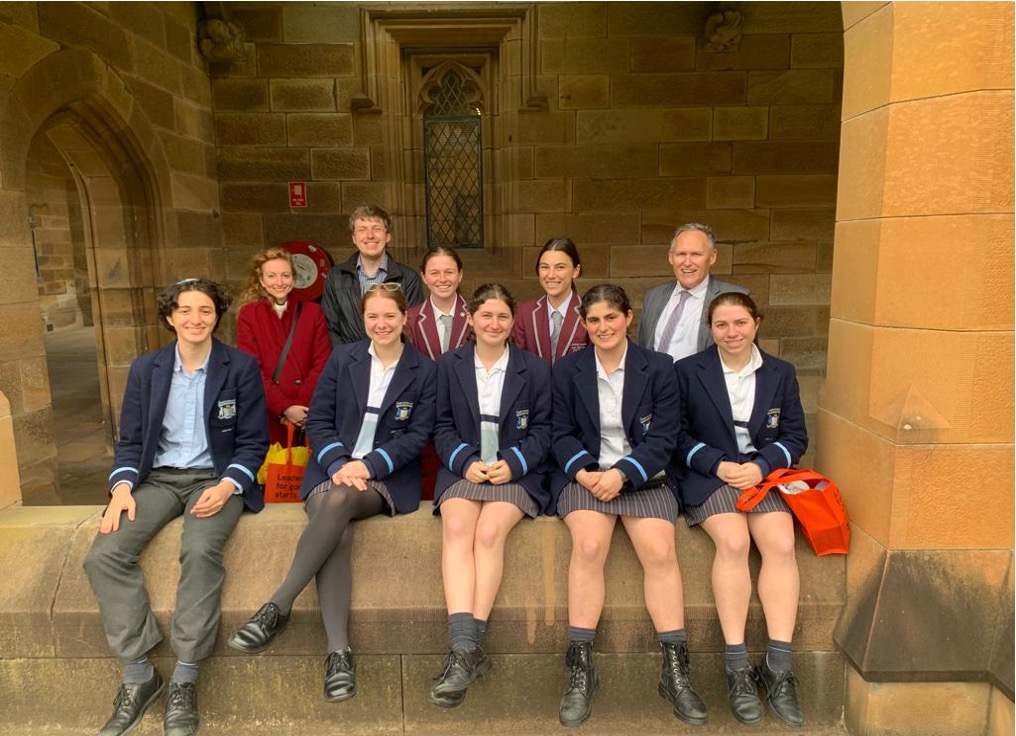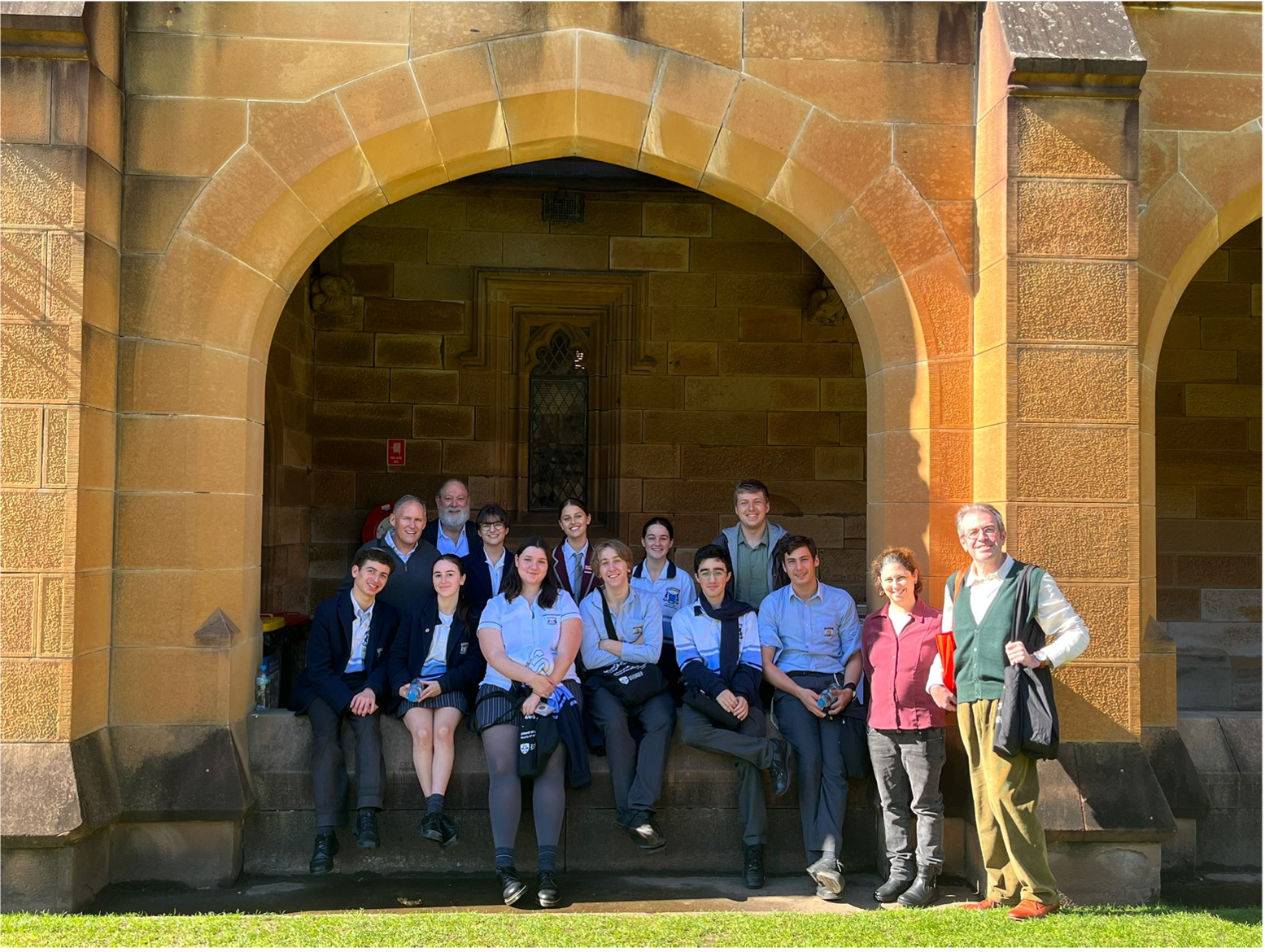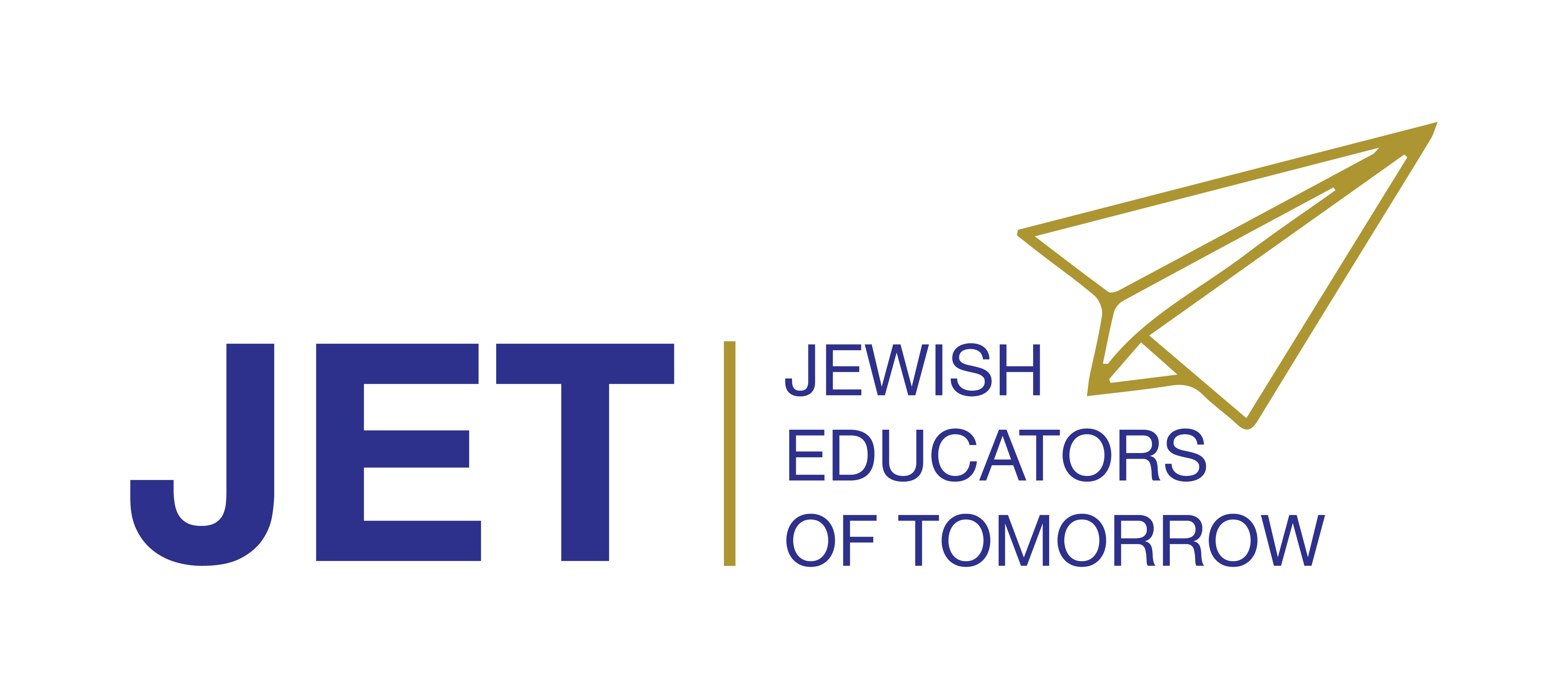There is no problem more taxing than staffing. Schools expend great resources to try to retain talented teachers. With a growth-oriented approach, many schools turn to their recent graduates who exhibit the potential to be educators, tapping them on the shoulder to offer monetary support in tertiary studies, refunded to the school in x years of service upon completion.
It is the kind of succession planning in which communal professionals often find success. Why doesn’t it work for education?
Sadly, communal attitudes dissuade students from becoming Jewish educators. Though schools need quality educators and parents appreciate quality educators, those same parents don’t want their children to become teachers. Every stale joke told about lack of parental pride in presidents and rabbis is even truer of teachers in the Jewish public consciousness: “What sort of career is that for a nice Jewish boy or girl?”
Though our texts are full of praise for teachers, our communities are awash with complaints: It is not well paid; it does not advance; it takes up time and is a good fallback option. Unfortunately, we teachers do this to ourselves—every time we complain publicly about the workload, pay and disruptive children/parents without also describing the joy and meaning of educating the next generation. Finally, even as teacher retention rates fall, many graduates feel a lack of care from the community. Even if they brave the profession, what support can they expect upon stumbling?
Creating JET-Setters
It is in these challenging conditions that we sought a solution, guided by the words of Rav Kook: “Great are we and great are our sins—therefore great are our troubles, and great are our consolations.” If we wish to solve profound issues, we must unlock profound solutions.
We must engage students earlier, and better.







